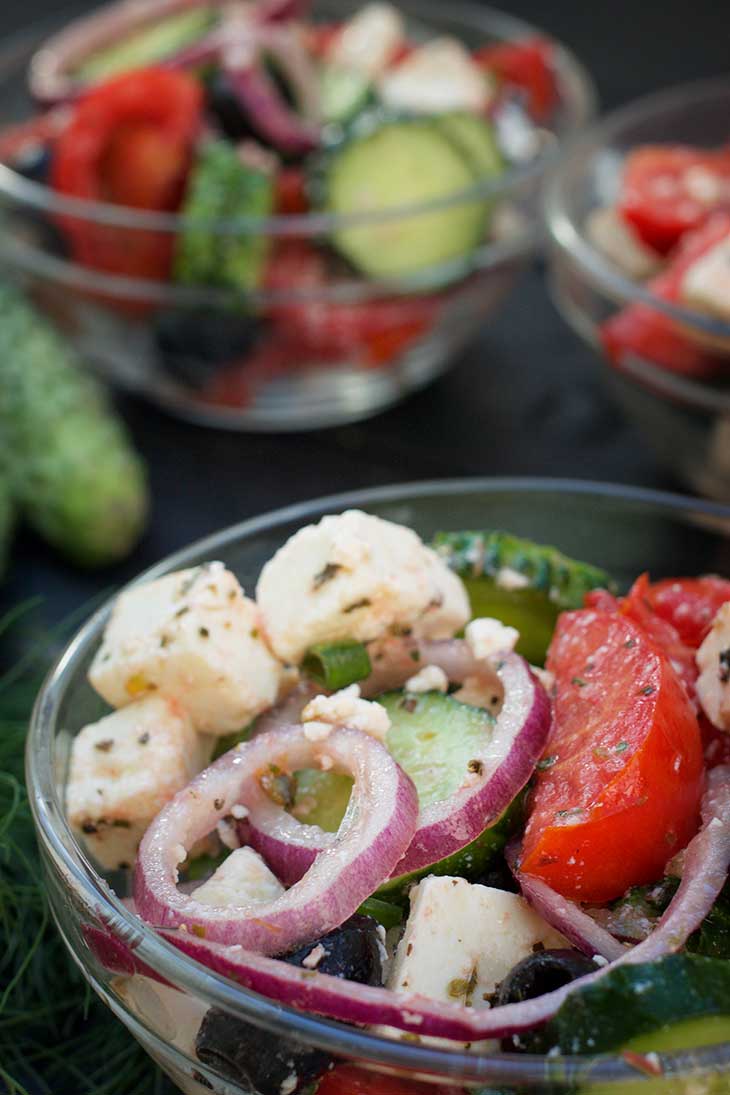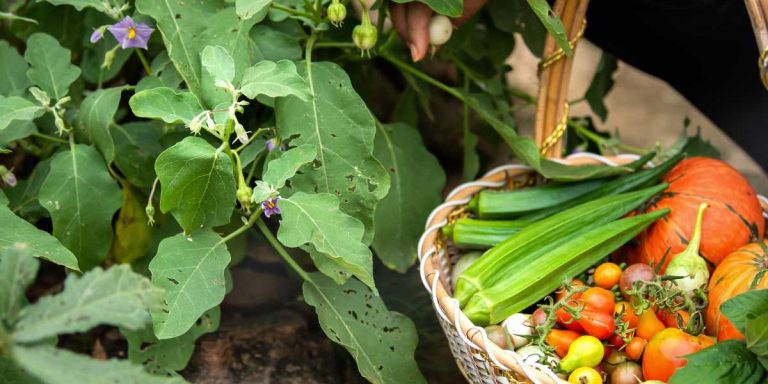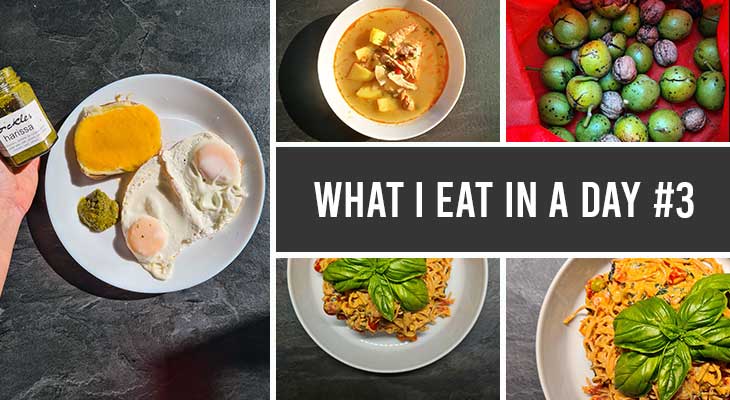Greek cuisine – a comprehensive guide for foodies
Greek cuisine is one of the most popular cuisines in the world! Learn everything you need to know about the most popular Greek recipes from this guide.
Imagine this: a bowl of hot chickpea soup followed by a plate of healthy boiled leafy greens or courgette fritters. You may then try crispy meatballs or move on to moussaka.
Enjoy the creamy feta cheese and pita pizza and let your mouth crave for baklava and a cup of ellinikos. By now you must have realized that I am talking about Greek cuisine and how an authentic Greek feast would look like.
Yes, Greek cuisine is one of the most traditional, celebrated and varied cuisines of the world and we’ll explore it together today. 🙂
Contents:
- The cuisine of Greece – an awe-inspiring blend of history, food, and culture
- What makes Greek food so special?
- History of Greek cuisine
- Enjoying the cuisine of Greece – an out-of-the-world experience
- Cooking Greek delicacies – understand the basic methods
- Popular Greek dishes – try the traditional Greek cuisine
- Non-vegetarian Greek recipes – try exotic dishes
- The contribution of Greeks in the global gastronomy

Greek cuisine – an awe-inspiring blend of history, food, and culture
Greek cuisine has a rich history that goes back around 4000 years. It is an integral part of Greece and has shaped western cuisine by spreading its influence through Rome and Europe to far-flung countries.
No doubt, it is interesting to study how this cuisine has shaped the history of these countries and got in turn influenced by geography and culture.
Greek cuisine has been inspired by the countries and people the Greeks came in contact with. This is evident from the ingredients and the cooking method used. Traditional dishes like borek, moussaka, and tzatziki have roots in the Persian, Arabic and Turkish culture.
Ancient Greek cuisine had a strong Mediterranean effect and thus the Mediterranean triad, wine, wheat, and olive oil played a major role in the dishes with fish being common and meat rarely included.
The modern Greek gastronomy has changed a lot with the inclusion of varied ingredients and a major shift towards meat and other non-vegetarian items. However, wine and olive oil still play a dominant role in it.
Greek food is absolutely fascinating. It uses seasonal offerings and adds herbs to create dishes that are fresh, tasty, and nourishing. Simple, diverse, and inviting, once you taste Greek dishes, you would be yearning for more.
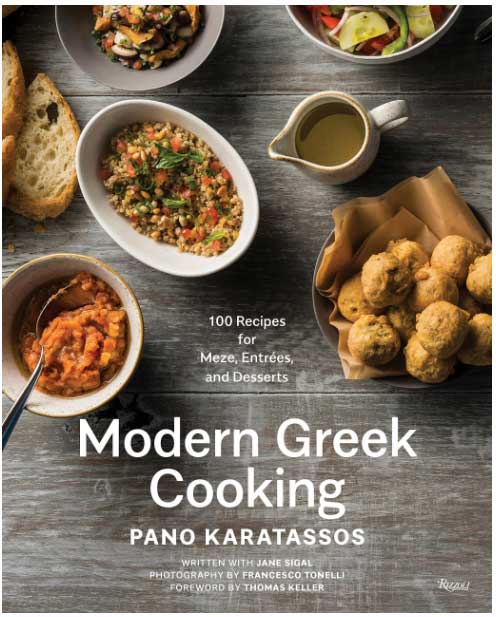
What makes Greek food so special?
Taste. Simplicity. Use of basic ingredients. And of course, the cooking method has not changed much in several centuries. Fresh and locally grown products are mainly used in Greek cuisine.
An array of locally grown items like cheeses, fruits, oil, legumes, vegetables, seafood, and nuts go into the preparation of some of the most popular dishes of the world. Add to them exotic herbs that you can find only in the wildness of the Mediterranean like oregano, basil, thyme, and mint. Garlic is also used to add drama to the dishes.
Since olive and lemon are grown here in abundance, these two elements are used in almost all dishes. In fact, the use of olive and olive oil makes Greek cuisine so unique and popular across the globe.
Since a major portion of Greece is made up of islands and the mainland is also quite near the sea, seafood and fish play a major role in the food. Meat like a lamb, goat, poultry, and beef and pork are also a part of the Greek diet.
In the hilly terrain, grapes are grown in large quantities which are used to produce an array of famous Greek wine. Of these, ouzo is most popular which is a spirit flavored with anise.
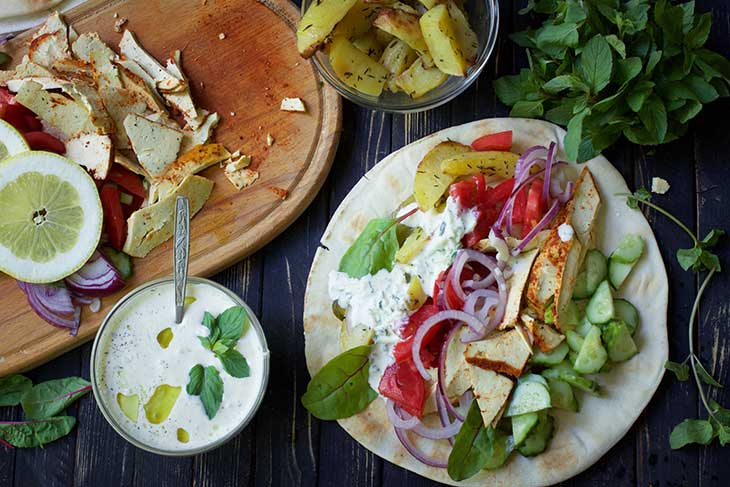
History of Greek cuisine
We can very well call the Greek cuisine as the first fusion cuisine of this world tracing back to 350 B.C. The conquest of Europe and India by Alexander the Great added northern and Indian influences to Greek food.
Later on, the Greek cuisine took inspiration from Romans, Ottoman culture, and Turkey. There are still a few dishes that retain their Turkish names.
It is mesmerizing to know that Greek dishes are connected to Venetians, Slavs, English, and even Balkans. Names like dolmades from dolma of Turkey, hummus from Arabs, and tzatziki again from Turkey show how food connects us through history.

Enjoying Greek cuisine – an out-of-the-world experience
Greeks approach food with a seriousness that would astonish you. To them, it is not about only eating or feeling full. To them, food combines nostalgia, a passion to live and enjoy life. The people of Greece eat their food leisurely, enjoying the look, flavor and feeding their mind and soul.
A meal in Greece usually lasts for hours. People enjoy eating together, sharing their food, wine, and thoughts. Mezedes or food in small plates is offered as a starter. Colorful, varied and available in both vegetarian and non-vegetarian options, they satiate all the senses.
Ouzo, the national drink is an integral part of the meals. Cold dishes are usually served first and fish precedes meat. If you are in Greece, eat like Greeks. What this means is the dishes are meant to be shared. This may surprise you, but this is the Greek culture.
Another striking feature of the food in Greece is the freshness of the ingredients. The freshly acquired vegetables and herbs make the dishes not only tasty but nutritious. The freshly prepared salad, the recently caught seafood and livestock from the farms enhance the taste of the preparations.
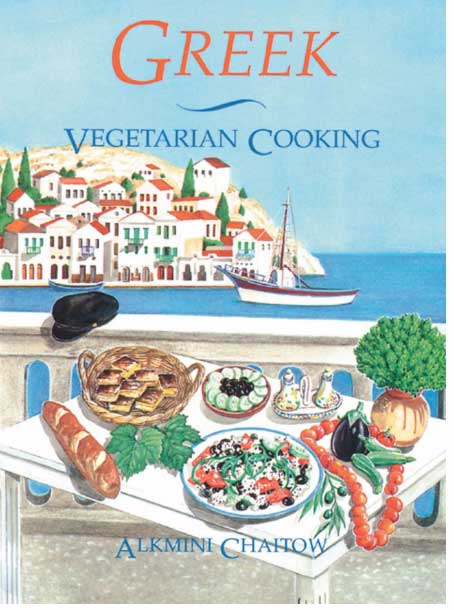
Cooking Greek delicacies – understand the basic methods
When it comes to cooking, Greeks prefer to keep things simple. They stick to the tried and tested methods that they have inherited through the ages. Food is fried, sautéed, boiled, simmered, braised, stewed, roasted, grilled, poached, pureed, and pickled.
The names of dishes incorporate the method of cooking and hence by knowing the meaning of a few words you can correctly guess the dishes.
Ladi means olive oil and tiganita means fried, generally on a skillet. Sote is sautéed and skharas is grilled. Lamb or pork is generally roasted or Psito.
One more thing, smoking is not a part of Greek cooking.
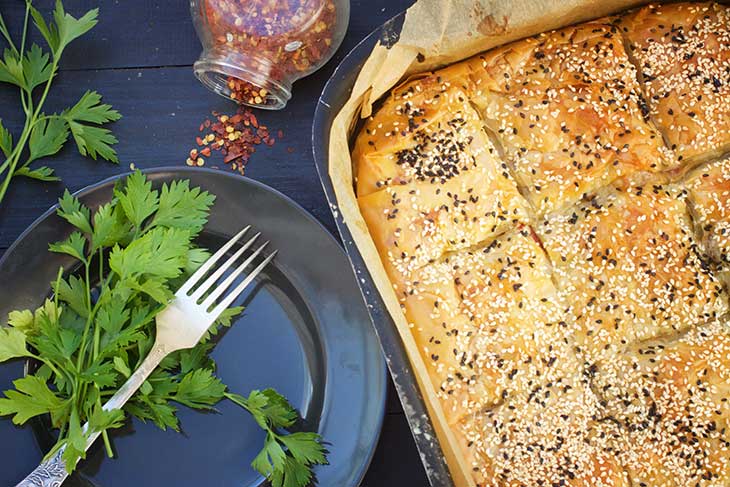
Popular Greek dishes – try the traditional Greek cuisine
Greek cuisine offers a great variety of vegetarian dishes. Thanks to the farmers who grow the veggies and herbs in their farms and bring them fresh to the markets, you can enjoy the goodness of aubergines, tomatoes, spinach, and olives. Let’s introduce you to the most popular and traditional Greek dishes that you must try while touring Greece.
We talked about mezedes, remember? The small plates of different types of food that are offered as starters and courgette balls form a major portion of them. This is a veggie starter that combines feta cheese, fresh mint, and other veggies.
Fritters anyone? You get tomato fritters, aubergine fritters, and batter fried zucchini as part of a meze or as a vegetarian main course. Try these simple but yummy dishes to understand what Greeks can do to their veggies.
Another popular veggie dish is braised eggplant with tomato and potato. It sounds simple but the browned and crispy eggplants add texture to the dish that lingers in your mouth.
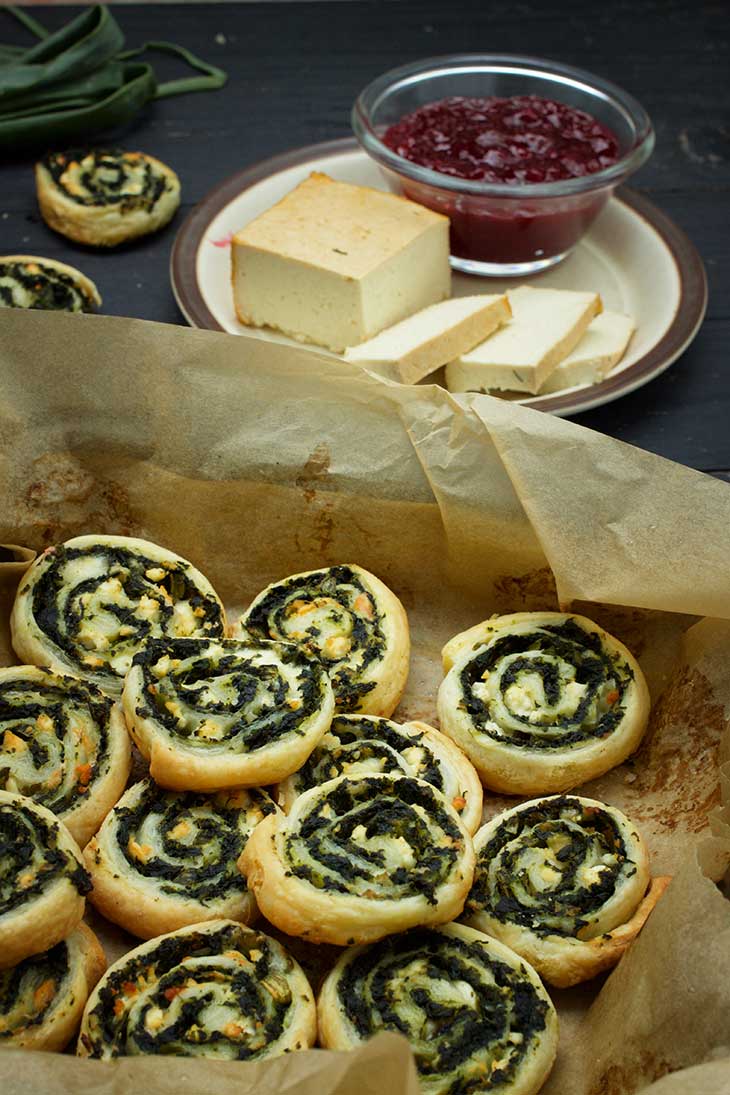
As a main dish, try fassolakia freska me domata. Did it sound complicated? Don’t worry, it is actually a combination of tomatoes, fresh beans, and herbs. Simmered slowly to bring out the tastes of the ingredients, the dish tastes superb and can become your most favorite Greek veggie dish.
Greek fava dip is a gift from Santorini to the foodies of the world. This vegetable dish is yellow split pea pureed. It is creamy and very popular all over Greece. You can enjoy it as an appetizer or dip.
Feta cheese comes together with filo pastry and honey to create a gourmet delight called feta me meli. Enjoyed both as an entrée or dessert, without tasting this item you cannot do full justice to the Greek cuisine.
Cheeses. Greece is known for its cheeses and when visiting this great country, don’t forget to try the different assortments. Try creamy and delicious feta from the local shops to appreciate its authentic taste.
Casseroles are very popular in Greece. Greeks show their ingenuity in preparing casseroles using a range of ingredients. Spanakorizo is one such casserole made of spinach, rice, onion, and seasonings along with lemon juice. It can be enjoyed as a side dish or a main dish.
Coffee is very popular in Greece and is usually accompanied by amygdalota. This is almond cookies that bind people in Greece over a cup of coffee. On hot summer days, try frappe. It is iced coffee and must-have to feel relaxed in summer.
Don’t forget the salads. The Greeks believe in healthy eating and hence eat salads in generous proportions.
You don’t need any reason to enjoy Bougatsa nor any particular time. Made of phyllo pastry and semolina custard, this is a sweet pie that you can enjoy round the clock.
You cannot be in Greece and not taste baklava. Nuts, butter, and sugar come together to create a rich taste that is further enhanced by sweet syrup. The flaky crust of the phyllo dripped in sugar syrup and the exquisite taste of nuts making it the most popular Greek dessert. Enjoy baklava to add a festive touch to your meals.

Non-vegetarian Greek recipes – try exotic dishes
From soups to appetizers and main dishes, Greek cuisine has a fair number of non-vegetarian dishes to add variety to your plate. Chicken fingers, crispy Greek lamb meatballs, and shrimp saganaki – don’t miss the appetizers that can send your taste buds tingling with joy. Try kotosoupa avgolemono or chicken and lemon rice soup for a healthy beginning.
Stuffed grape leaves. Yes, you read correctly. Dolmadakia is grape leaves stuffed with grounded lamb or beef. Its Greek creativity at its best and a must-try dish for you. Every region has its own version of dolmades. However, one thing is sure. You would like all the variants.
Moussaka is an iconic baked dish from Greece. This is a layered dish of minced meat, sautéed aubergine, onion, garlic and lots of spices and generous amounts of cheese and béchamel sauce.
Greeks are passionate about their meat. They grill it, skewer it and wrap it in pita bread. Seafood like squids and prawns form a staple food of the Islanders. Don’t miss the chance to enjoy fish as the ancient Greeks did at the seaside taverna. Fresh fish and calamari from the Mediterranean are grilled and drizzled with a dressing and served on the plate. No fussy cooking but relish the taste of the seafood Greek-style.
Octopus is another delicacy that the people enjoy here much. You must try it while in Greece.
Lamb and pork dominate the palate of the Greeks who live inland. There are many dishes that bring out the taste of the fresh meat procured from the farms.
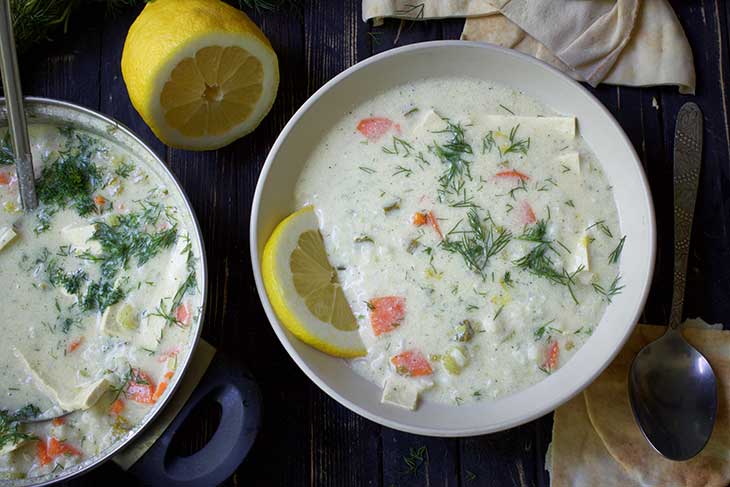
The contribution of the Greek cuisine in the global gastronomy
Greek cuisine is not only sumptuous but is also important for various reasons. It has shaped the way we see food and its value in our lives. The Greeks showed us how to enjoy food and make it a part of our culture.
If you are wondering how Greek cuisine changed the course of global gastronomy, consider the fact that the first cookbook was written in 330 B.C. by Archestratos, a Greek gourmet.
The tall white hat of the chefs which we are so familiar with is a contribution of the Greek cooks who cooked in the monasteries.
We have celebrity chefs from Greece who have put the Greek cuisine on the global food map. These chefs have successfully preserved the traditional recipes while giving them a delightful twist to suit the palette of the global foodies.
Christoforos Peskias is a globally acclaimed Greek chef. He believes in using simple ingredients to create magic.
Lefteris Lazarou is considered a master of seafood. He experiments with fish and is an authority in it. He heads Varoulko Seaside, the most creative place for seafood.
Fabrizio Bugliani has traveled far and wide, mesmerizing people with his culinary skills. Currently, he is stationed at Mama Fuga in Athens, delighting people with his creative dishes. He is also an expert in cooking fish and loves to experiment with mushrooms.
Gikas Xenakis is a master of contemporary Greek gastronomy. He draws inspiration from traditional recipes and uses basic ingredients to prepare creative and contemporary dishes.
Greek cuisine is a wonder in itself. It shows that food can be simple but not simplistic. Simple ingredients and a whole lot of love for food can create delicious dishes that would satiate the hunger of the stomach and the mind. Try the Greek cuisine and you will know what it means to be a foodie.
If you make this, please leave a review and rating if you liked this recipe! ★★★★★

